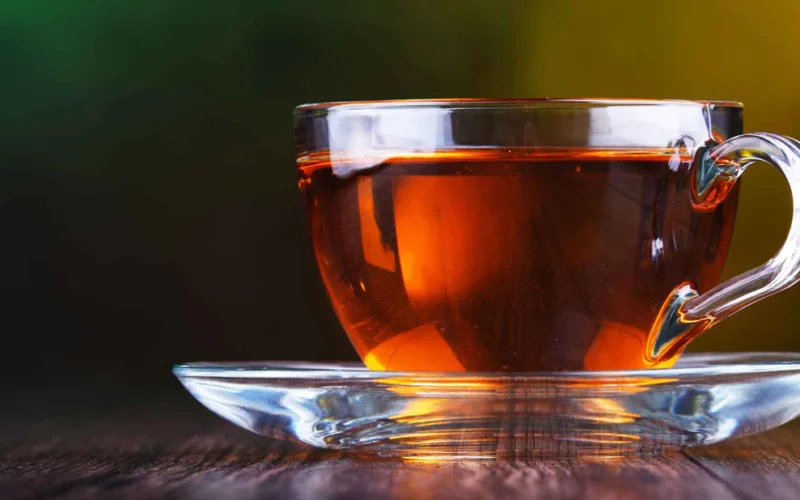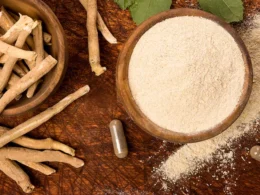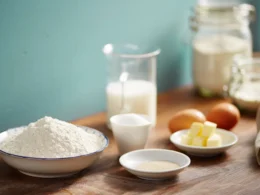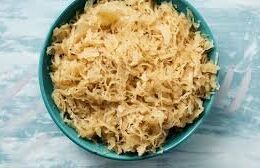Lavender tea is a fragrant and relieving natural beverage produced using the buds of the lavender plant. Known for its quieting properties, this tea has been delighted in for quite a long time as a characteristic solution for stress, tension, and rest issues. In any case, there’s something else to find about this sensitive and sweet-smelling blend. We should jump into all that you want to be aware of lavender tea, from its advantages and preparing techniques to novel purposes and intriguing realities!
1. What is Lavender Tea?
Lavender tea is a home grown imbuement made by soaking the purple bloom buds of the Lavandula angustifolia plant. The tea has a delicate flower fragrance and a somewhat sweet taste, making it ideal for unwinding. Dissimilar to green or dark tea, lavender tea is sans caffeine, pursuing it an extraordinary decision for loosening up before sleep time.
2. Health Benefits of Lavender Tea
Lavender tea offers a scope of medical advantages because of its quieting and calming properties. This is the way it can uphold your wellbeing:
- Reduces Anxiety and Stress: The soothing scent of lavender can help lower anxiety levels and reduce stress.
- Promotes Sleep: Drinking lavender tea before bed can improve sleep quality.
- Eases Digestive Issues: Lavender has mild anti-inflammatory properties that can help ease indigestion and nausea.
- Supports Respiratory Health: The steam from hot lavender tea can alleviate respiratory symptoms.
| Health Benefits of Lavender Tea | How it Helps |
| Reduces Anxiety and Stress | Lowers cortisol levels, inducing relaxation |
| Promotes Sleep | Acts as a mild sedative, enhancing sleep quality |
| Eases Digestive Issues | Soothes the stomach and reduces bloating |
| Supports Respiratory Health | Eases breathing when inhaled |
3. Lavender Tea vs. Other Herbal Teas
Lavender tea stands apart for its unmistakable botanical fragrance. While chamomile and peppermint teas are famous for unwinding, lavender has its own special flavor profile and extra medical advantages, settling on it a favored decision for quieting both the brain and body.
4. How to Make Lavender Tea at Home
Making lavender tea is easy and requires only a few ingredients:
- Ingredients:
- 1 tablespoon of dried lavender buds
- 1 cup of hot water
- Optional: honey, lemon, or mint for flavor
- Instructions:
- Boil 1 cup of water.
- Add the dried lavender buds.
- Let it steep for 5–10 minutes.
- Strain and add honey or lemon if desired.
5. Best Time to Drink Lavender Tea
The best opportunity to appreciate lavender tea is at night, around 30 minutes before bed. Its quieting impacts make it ideal for slowing down following a difficult day. Notwithstanding, it can likewise be consumed in the early evening for a serene break.
6. Side Effects and Precautions
While lavender tea is generally safe, some people may experience mild side effects, such as:
- Nausea or headache
- Allergic reactions in sensitive individuals
Tip: Always consult with a healthcare professional if you are pregnant, nursing, or have any medical conditions before consuming lavender tea.
7. The History of Lavender Tea
Lavender has a rich history tracing all the way back to old Egypt, where it was utilized in scents and for preservation. In Roman times, it was utilized to aroma bathwater, and later, Europeans started involving it for its therapeutic properties.
8. Choosing the Right Lavender for Tea
Not all lavender assortments are reasonable for tea. The best kind to utilize is Lavandula angustifolia, otherwise called English lavender. This assortment tastes really milder contrasted with others like Lavandula latifolia.
Pro Tip: Look for culinary-grade lavender to ensure it’s safe for consumption.
9. Interesting Ways to Use Lavender Tea
Lavender tea is not just for drinking. Here are some creative ways to incorporate it into your daily routine:
- Facial Steam: Add a cup of brewed lavender tea to hot water and use it for a refreshing facial steam.
- Bath Soak: Mix lavender tea with Epsom salt for a relaxing bath.
- Cooking and Baking: Use it in recipes like lavender-infused cookies or cakes for a unique floral flavor.
10. Lavender Tea for Relaxation and Meditation
Lavender tea can be an incredible friend during contemplation or yoga. Its mitigating fragrance makes a quiet climate, permitting you to concentrate and unwind. Tasting it gradually can turn into a custom that improves care.
11. Can You Mix Lavender Tea with Other Teas?
Yes, lavender pairs well with other herbs and teas, adding a floral note to your blend. Some popular combinations include:
- Lavender and Chamomile: A powerful duo for relaxation and better sleep.
- Lavender and Mint: A refreshing combination that aids digestion.
- Lavender and Lemon Balm: Perfect for calming anxiety and uplifting mood.
12. Lavender Tea for Kids
Lavender tea can be given to youngsters in modest quantities to assist them with unwinding, particularly before sleep time. Notwithstanding, it’s in every case best to counsel a pediatrician prior to acquainting any natural tea with a kid.
13. Storing Lavender Tea
To preserve its freshness, store dried lavender buds in an airtight container, away from light and moisture. Proper storage ensures that the aroma and flavor remain potent.
14. Fun Facts About Lavender Tea
- Did you know? In the Victorian era, lavender was used to scent linens and ward off moths.
- The name “lavender” comes from the Latin word lavare, meaning “to wash.”
15. FAQs About Lavender Tea
Here are some frequently asked questions to help clarify any doubts you might have:
- Is lavender tea safe for everyone? Lavender tea is generally safe but should be avoided by individuals with allergies to the lavender plant.
- Can I use fresh lavender to make tea? Yes, but fresh lavender has a stronger taste, so use it sparingly.
- How often can I drink lavender tea? You can drink 1–2 cups daily. If you experience any discomfort, reduce the amount or discontinue use.
- Does lavender tea have caffeine? No, lavender tea is naturally caffeine-free.
Ending Remark: Sip and Soothe
Lavender tea is something beyond a drink — a tangible encounter carries serenity and wellbeing to your day. Whether you’re a fledgling hoping to investigate home grown teas or a fan looking for new flavors, lavender tea is a superb decision to quiet the psyche and body. So brew a cup, take a full breath, and let the delicate embodiment of lavender relieve your faculties!








